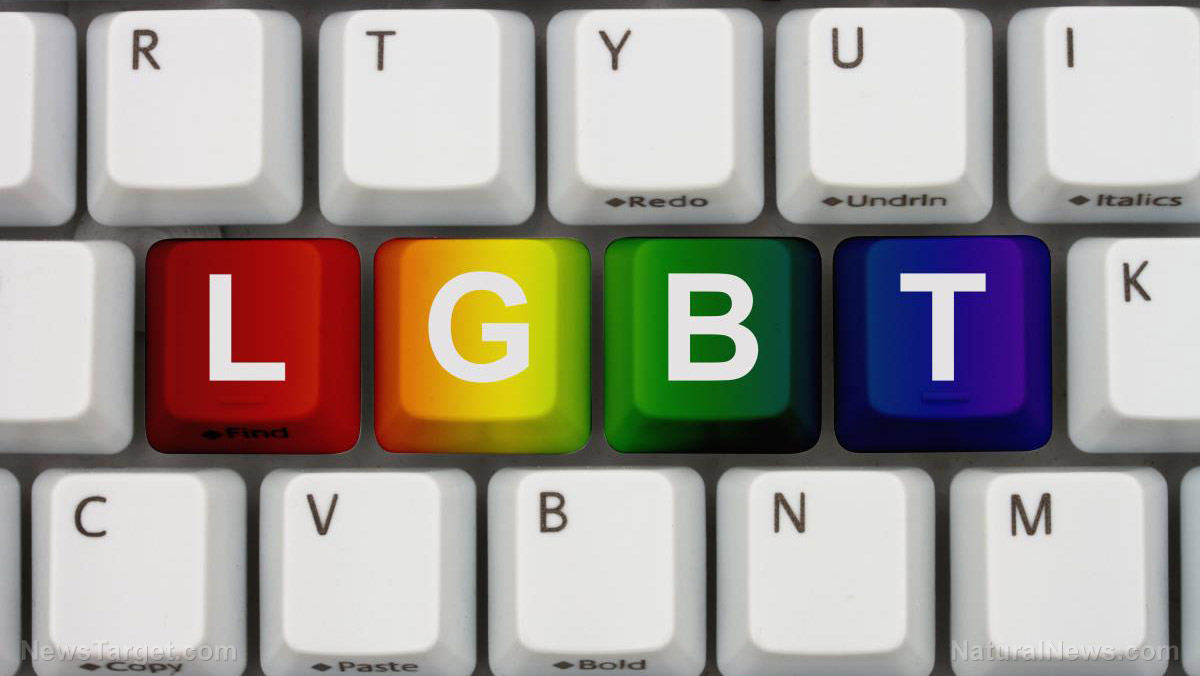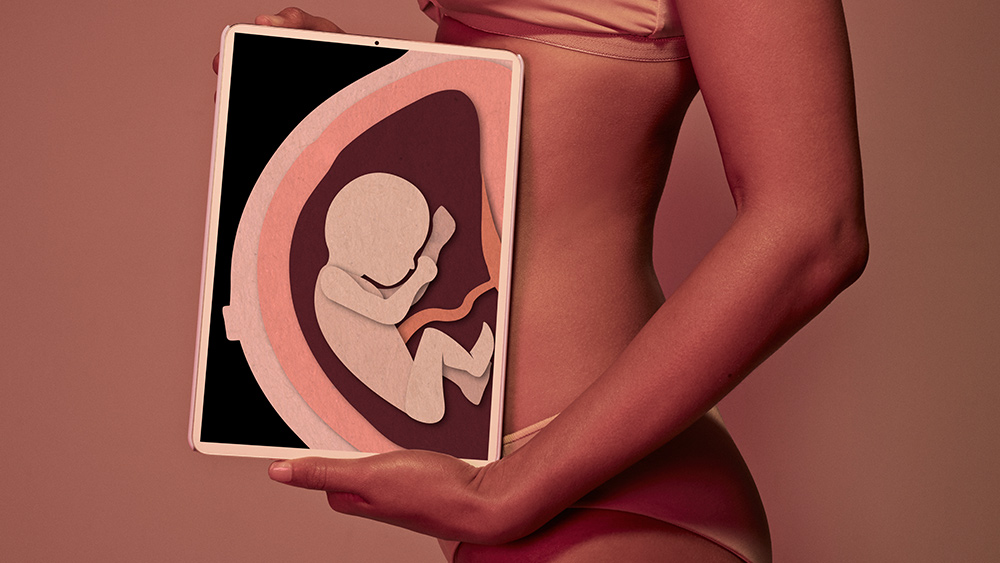
The Supreme Court of Panama last month delivered a crucial win for traditional marriage advocates and a major blow to an ongoing effort to obtain legal recognition for same-sex “marriages” in the Central American country, declaring that a union between two people of the same sex is not protected by the constitution and isn’t a “human right.”
(Article by Ashley Sandler republished from LifeSiteNews.com)
The ruling, dated February 16 but published Wednesday, followed multiple appeals by same-sex couples dating back to 2016, according to a March 1 report by Agence France Presse (AFP).
The court said that the idea of homosexual unions in Panama “lacks conventional and constitutional recognition,” and explained that its Family Code prioritizes traditional marriage and family structures.
That code, according to the decision, has been “objectively and reasonably justified in the general interests of giving precedence to those unions capable of establishing families, giving continuity to the human species, and therefore, to society."
“There is a reality, and it is that, until now, the right to equal marriage is no more than an aspiration, even though a legitimate one for the groups involved, and it does not fall into the category of a human right or a fundamental right,” the court declared.
AFP observed that the Catholic Church continues to hold sway in Panama, suggesting the judicial decision not to recognize same-sex “marriage” was influenced by the Church’s teaching that marriage is between one man and one woman.
Human knowledge is under attack! Governments and powerful corporations are using censorship to wipe out humanity's knowledge base about nutrition, herbs, self-reliance, natural immunity, food production, preparedness and much more. We are preserving human knowledge using AI technology while building the infrastructure of human freedom. Speak freely without censorship at the new decentralized, blockchain-power Brighteon.io. Explore our free, downloadable generative AI tools at Brighteon.AI. Support our efforts to build the infrastructure of human freedom by shopping at HealthRangerStore.com, featuring lab-tested, certified organic, non-GMO foods and nutritional solutions.
Panama is a majority-Christian country, with 49% of the population identifying as Catholic and 30% as Evangelical Protestant as of June, 2022, according to a recent report by the U.S. Department of State.
According to the State Department, the constitution of Panama “recognizes Catholicism as the religion of the majority of citizens and requires Catholic instruction in public schools, with exemptions allowed."
The Catechism of the Catholic Church explicitly defines marriage as a union between one man and one woman, which “is by its nature ordered toward the good of the spouses and the procreation and education of offspring..
Moreover, the Church states that tradition, based on Sacred Scripture, “has always declared that ‘homosexual acts are intrinsically disordered’”, going on to explain that such acts “are contrary to the natural law… close the sexual act to the gift of life… do not proceed from a genuine affective and sexual complementarity,” and “[u]nder no circumstances can they be approved."
The Church’s teaching and the Supreme Court of Panama’s recent ruling on marriage align with the laws currently on the books in most other Central American countries (with the exception of Costa Rica), which also continue to uphold the traditional understanding of marriage.
That preservation of marriage comes even in the face of a 2018 declaration by the Interamerican Court of Human Rights that all member nations, including Panama, must grant the same rights under the law to same-sex couples as to opposite-sex couples, AFP noted.
Meanwhile, Panama’s decision to legally recognize only marriages between one man and one woman come as other non-western nations increasingly cave to the same LGBT ideology already widespread in the U.S., U.K., and much of Europe.
Last month, Kenya’s Supreme Court ruled in a 3-2 decision to allow homosexuals to establish pro-LGBT organizations, despite the fact that homosexual actions and relationships remain illegal in the African country, LifeSiteNews previously reported.
Kenyan lawmakers, religious leaders, and others have expressed outrage concerning the ruling, arguing that the decision will help to normalize homosexuality and erode Kenyan culture.
In addition, a South Korean high court last month granted men in same-sex relationships eligibility to be considered a “couple” for the purposes of national health insurance coverage, LifeSite reported.
The decision was South Korea’s first move in awarding privileges under the law for people in homosexual unions.
Read more at: LifeSiteNews.com
Please contact us for more information.




















